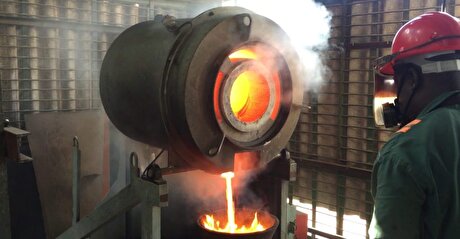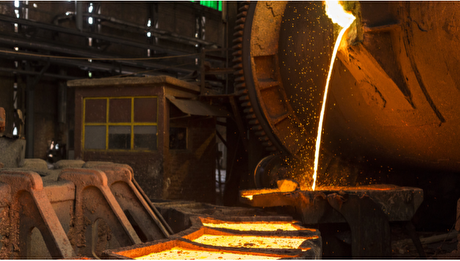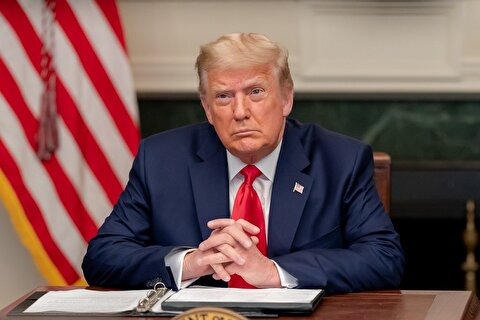
Saudi oil minister seeks trust for deeper cuts

"Like religion, if you are believer you have to practice. Without practice, you are a non-believer. I do not assume anyone in the room is a non-believer. We are here to deliver. The market will have to trust us, the analysts will have to believe us. Without [this] we cannot deliver what we want to achieve, it is as simple as that," Prince Abdulaziz said.
Opec representatives met yesterday to consider a recommendation by the Joint Ministerial Monitoring Committee (JMMC), which oversees compliance with the agreement to remove 1.2mn b/d from the market, to cut output by an additional 500,000 b/d in the first quarter of next year. Late in the day, after a drawn-out and contentious meeting, the group reached a preliminarily agreement, which requires ratification by the expanded Opec+ group today.
"It is almost disheartening to see people laboring, even last night until 11pm at night, squashing their heads, squeezing their brains, in a way trying to deliver us to a good agreement and a good continuity to what we all have a firm believers of," Prince Abdulaziz said.
But, he is confident that his first Opec+ meeting will have a positive outcome.
"With the end of this meeting we will be able to… show what we have committed to in the past and what we will be committing ourselves to in the future will be abruptly adhered to attended to and not only that, we are making ways for further, more shorter-term consultations in the form of meetings to assure ourselves and the market that this market will not be left unattended."
Iran's oil minister Bijan Namdar Zanganeh said that the Opec+ group will hold an extraordinary meeting in March to review market conditions and determine what action, if any, will be required following the expiration of the current deal.
Opec+ co-chair, Russia's oil minister Alexander Novak, expanded on his Saudi counterpart's comments. "It is extremely important in today's conditions to send a very clear message to the market and to show and determine what the next steps will be," he said.
By Iain Packham


Alba Discloses its Financial Results for the Second Quarter and H1 of 2025

US slaps tariffs on 1-kg, 100-oz gold bars: Financial Times

Copper price slips as unwinding of tariff trade boosts LME stockpiles

Codelco seeks restart at Chilean copper mine after collapse

Uzbek gold miner said to eye $20 billion value in dual listing

Hudbay snags $600M investment for Arizona copper project

NextSource soars on Mitsubishi Chemical offtake deal

BHP, Vale offer $1.4 billion settlement in UK lawsuit over Brazil dam disaster, FT reports

Australia weighs price floor for critical minerals, boosting rare earth miners

Zimbabwe labs overwhelmed as gold rally spurs exploration, miner says

Cochilco maintains copper price forecast for 2025 and 2026

Adani’s new copper smelter in India applies to become LME-listed brand

HSBC sees silver benefiting from gold strength, lifts forecast

Mosaic to sell Brazil potash mine in $27M deal amid tariff and demand pressures

Samarco gets court approval to exit bankruptcy proceedings

Hudbay snags $600M investment for Arizona copper project

Discovery Silver hits new high on first quarterly results as producer

Trump says gold imports won’t be tariffed in reprieve for market

AI data centers to worsen copper shortage – BNEF

Cochilco maintains copper price forecast for 2025 and 2026

Adani’s new copper smelter in India applies to become LME-listed brand

HSBC sees silver benefiting from gold strength, lifts forecast

Mosaic to sell Brazil potash mine in $27M deal amid tariff and demand pressures

Samarco gets court approval to exit bankruptcy proceedings

Hudbay snags $600M investment for Arizona copper project

Discovery Silver hits new high on first quarterly results as producer

Trump says gold imports won’t be tariffed in reprieve for market

AI data centers to worsen copper shortage – BNEF














